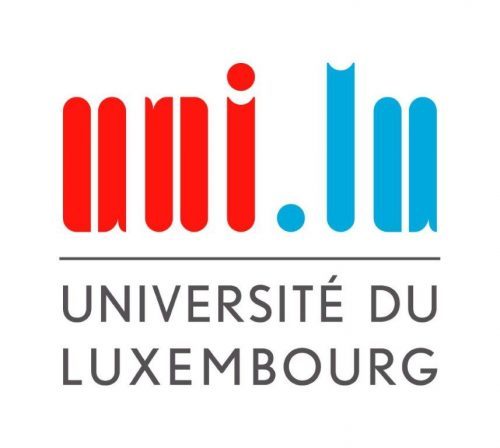
Speaker: Nicolas Dendoncker, Université de Namur
Event date: Tuesday, 21 April 2020, 19.00-20.30
Place: Campus Kirchberg, Salle Paul Feidert (E00-D10)
6, rue Richard Coudenhove-Kalergi
L-1359 Luxembourg
Agroecology has been proposed as a promising concept to foster the resilience and sustainability of agroecosystems and rural territories. Agroecological practices are based on using and optimizing biodiversity and ecosystem services at the landscape, farm, and parcel scales. While solutions, in spite of being context dependent, are generally known, many lock-ins prevent the emergence of these innovative forms of farming. In this presentation, we will highlight, summarize and categorize these lock-ins. We will then give examples of transition initiatives in Belgium and France, mixing research and action, that have been proposed to overcome (some of) these lock-ins. In particular, we will detail the initiative of TERA (Tous Ensemble vers un Revenu d’Autonomie – www.tera.coop), which proposes a systemic way of reenvisaging rural ecosystems, encouraging cooperation for sustainability. Finally, we will reflect on what we believe are necessary next steps for action-research to meet the challenges posed by pressing socio-environmental issues.
A PhD in Geography at UCLouvain (Belgium), on large-scale models of land use change for Europe, according to different socio- economic and climate change scenarios presents the start to my research career. During a Postdoc at the University of Edinburgh, I turned to agent-based modelling of land use change at the local scale and started working with sociologists in addition to ecological scientists. As a professor of geography at the University of Namur (back in Belgium), I and my research teams focus on ecosystem services, sustainable agriculture, land use change, and biodiversity.
Lecture in the framework of the lecture series ‚Science and Citizens meet Challenges of Sustainability‘ and the ‚Certificate in Sustainability and Social Innovation‘.
